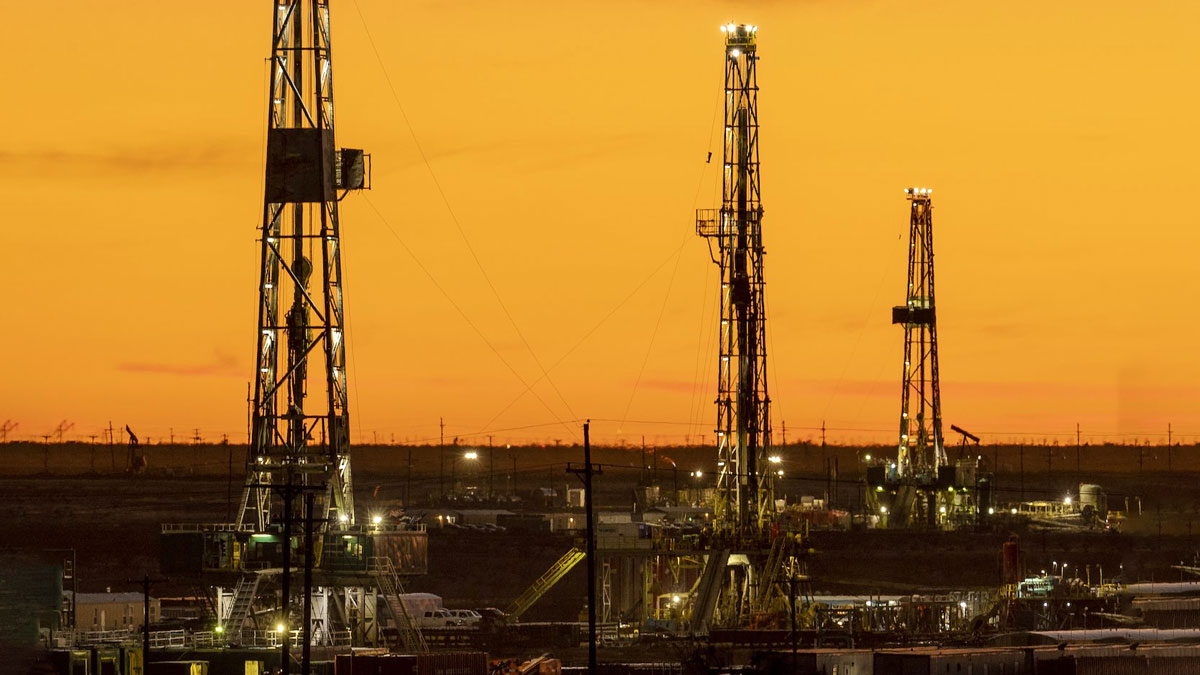ExxonMobil Urges Action on Methane Regulations
ExxonMobil recently participated in the annual global roundtable of the Methane Guiding Principles (MGP), an organization comprised of companies and leading civil society stakeholders committed to reducing methane emissions across the oil and gas industry value chain. A key discussion point at this meeting was the need for effective regulations.
While voluntary efforts by companies like ExxonMobil to reduce methane emissions are important, they only capture a fraction of overall global emissions. Achieving broad and durable impact requires uniform regulations that apply to all actors.
To that end, last year ExxonMobil introduced a model regulatory framework for industry-wide methane regulations, and they have advocated for policymakers globally to advance comprehensive, enhanced rules to reduce methane emissions in all phases of production, Senior Vice President of Exxon Mobil Corporation Neil Chapman says in a recent article.
“For example, we opposed the EPA’s elimination of methane emissions regulation under the Clean Air Act in the U.S. during the previous administration, have worked with states on new regulations – most recently in New Mexico – and supported the European Commission’s Methane Strategy for the European Union. We also sponsored the Methane Tracker established by the International Energy Agency through the MGP. In addition to providing emissions data by country, the tracking includes a new Regulatory Roadmap and Toolkit to help governments assess and adopt methane regulations,” he explains.
“ExxonMobil led discussions across industry to advance support for methane regulation, and we are pleased that over the past several months several industry trade associations have updated their methane policies, including the American Petroleum Institute, the American Exploration and Production Council, the Natural Gas Supply Association, the Center for Liquefied Natural Gas, and the U.S. Chamber of Commerce. We are also seeing progress within key state trade associations,” Neil Chapman pointed out.
In addition to ExxonMobil’s efforts around uniform methane regulation, the company is committed to reducing methane emissions in their own operations. They have conducted nearly 23,000 voluntary leak surveys on more than 5.2 million components at more than 9,500 production sites and eliminated all high-bleed pneumatic devices across their U.S. unconventional production. “As outlined in our MGP submission, ExxonMobil reduced methane emissions nearly 18 percent in 2019 across our U.S. unconventional operations, compared to 2016,” he added.
Furthermore, the company recently outlined their 2025 emission reduction plans that cover ExxonMobil’s direct and indirect emissions from their operated assets. These 2025 plans include reducing methane intensity by up to half compared to 2016 levels, which is expected to result in a 40 to 50 percent decrease in company’s absolute methane emissions globally. This will be supported by continued investment in research to develop new technology solutions, including collaborating with academia, environmental organizations, and industry to field test a variety of ground-based, aerial and satellite sensors.



